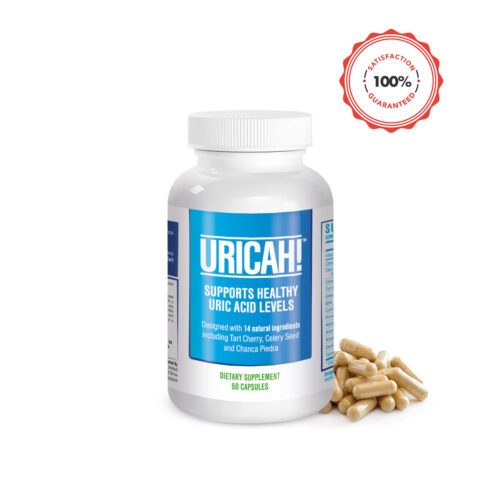Fish is widely recognised for its nutritional value, offering high-quality protein and essential omega-3 fatty acids. But for those managing gout, the type of fish you choose—and how often you eat it—can significantly affect your uric acid levels.
The Gout Connection
Gout occurs when uric acid builds up in the bloodstream and forms sharp crystals in the joints. Because uric acid is a byproduct of purine breakdown, foods high in purines can raise the risk of gout flare-ups. Fish varies considerably in purine content, making it important to know which types are safer choices.
Fish and Purine Levels: What to Watch For
Not all fish are equal when it comes to gout. Some are relatively low in purines and safe in moderation, while others are much more likely to trigger symptoms. Here’s how different fish types are typically categorised:
Low Risk
- White, non-oily fish such as basa, whiting, tilapia, and flake
These fish are considered low risk for gout despite their purine levels because they are less dense in purines and typically eaten in modest portions. They also offer a lean protein source that’s easy on the body.
Moderate Risk
- Oily fish such as salmon, ocean trout, and mackerel (in small amounts)
- Shellfish including prawns, crab, and mussels
These seafood options have more purines than white fish and should be consumed in moderation. Oily fish provide beneficial omega-3s, which may help reduce inflammation, but portion size matters.
High Risk
- Anchovies
- Sardines
- Herring
- Mackerel (in large amounts)
- Fish roe (like caviar)
These types are known for their high purine concentrations and are more likely to contribute to uric acid spikes. They’re best limited or avoided, especially during periods of active gout symptoms.
Tips for Eating Fish with Gout
- Stick with white fish a few times per week as a safer protein source
- Limit oily fish to 1–2 servings per week
- Avoid preserved fish such as salted, smoked, or canned in oil
- Prepare fish simply, using grilling, steaming, or baking instead of frying
- Drink plenty of water, which helps flush excess uric acid from the body
Keeping meals balanced with vegetables, whole grains, and low-fat dairy can further support uric acid control.
Support for Gout Management with Uricah
If you’re working to reduce uric acid levels naturally, Uricah offers an easy way to support your daily efforts. This dietary supplement combines 14 natural ingredients, including herbs and plant-based compounds traditionally used to promote joint comfort and uric acid balance. Formulated with everyday use in mind, Uricah fits well into a lifestyle that prioritises smart food choices and long-term wellness.
ACCELERATE DIET CHANGES
Our 14 potent, natural ingredients support the body in lowering uric acid levels, alleviating the excruciating pain and discomfort caused by gout.
URICAH™ features powerful ingredients used over thousands of years to fight gout such as Tart Cherry, Celery Seed and Chanca Piedra.
Get back on your feet and live pain free with URICAH™.
LEARN MORE

